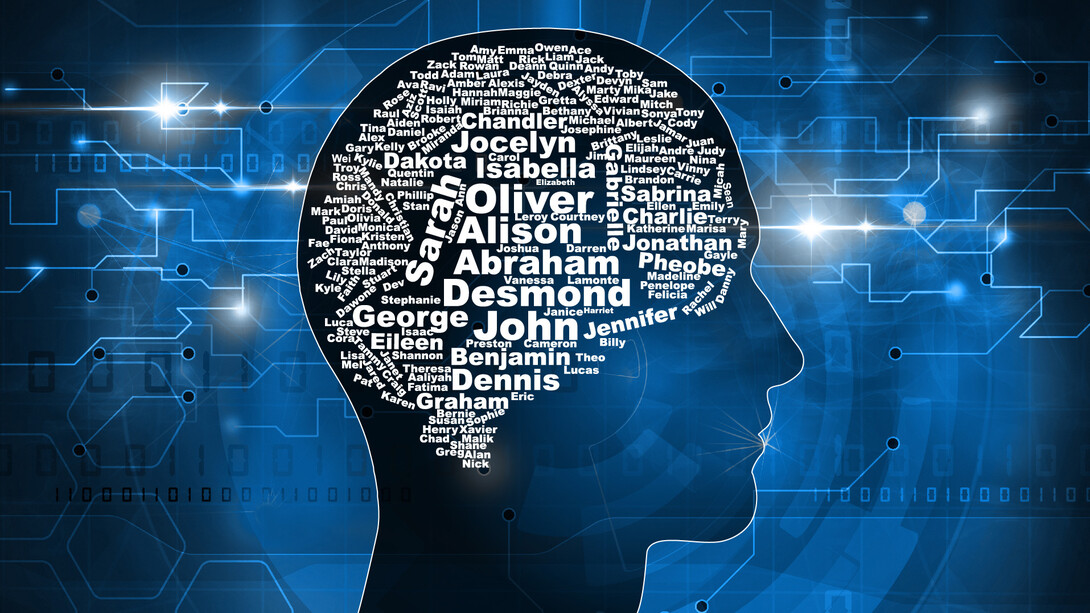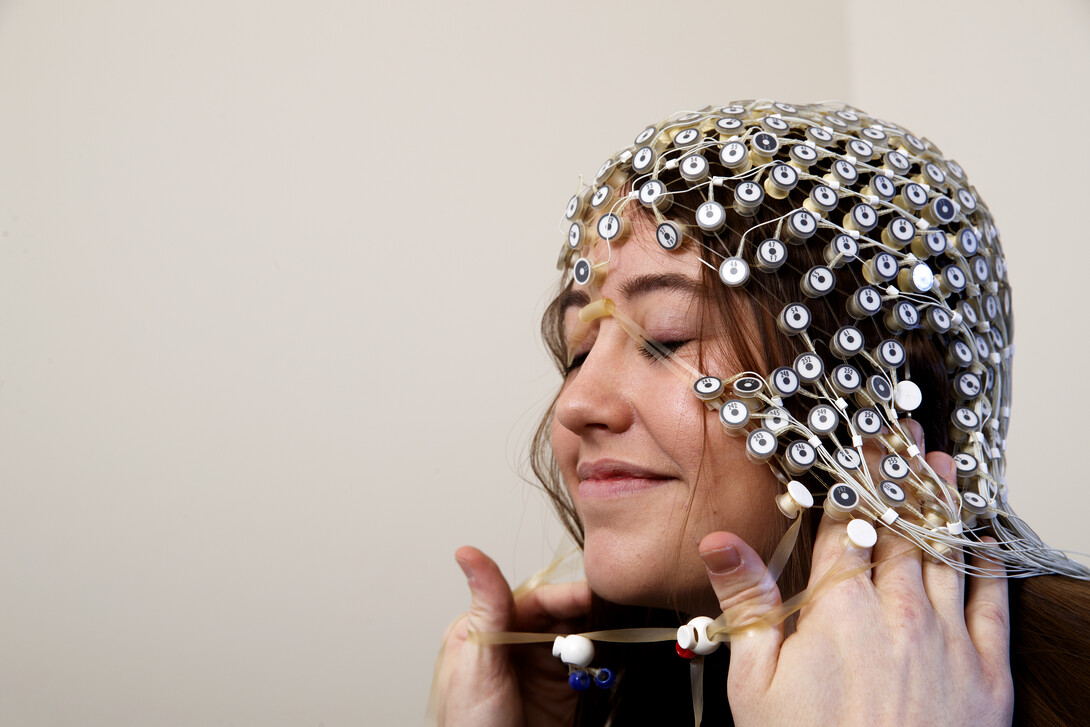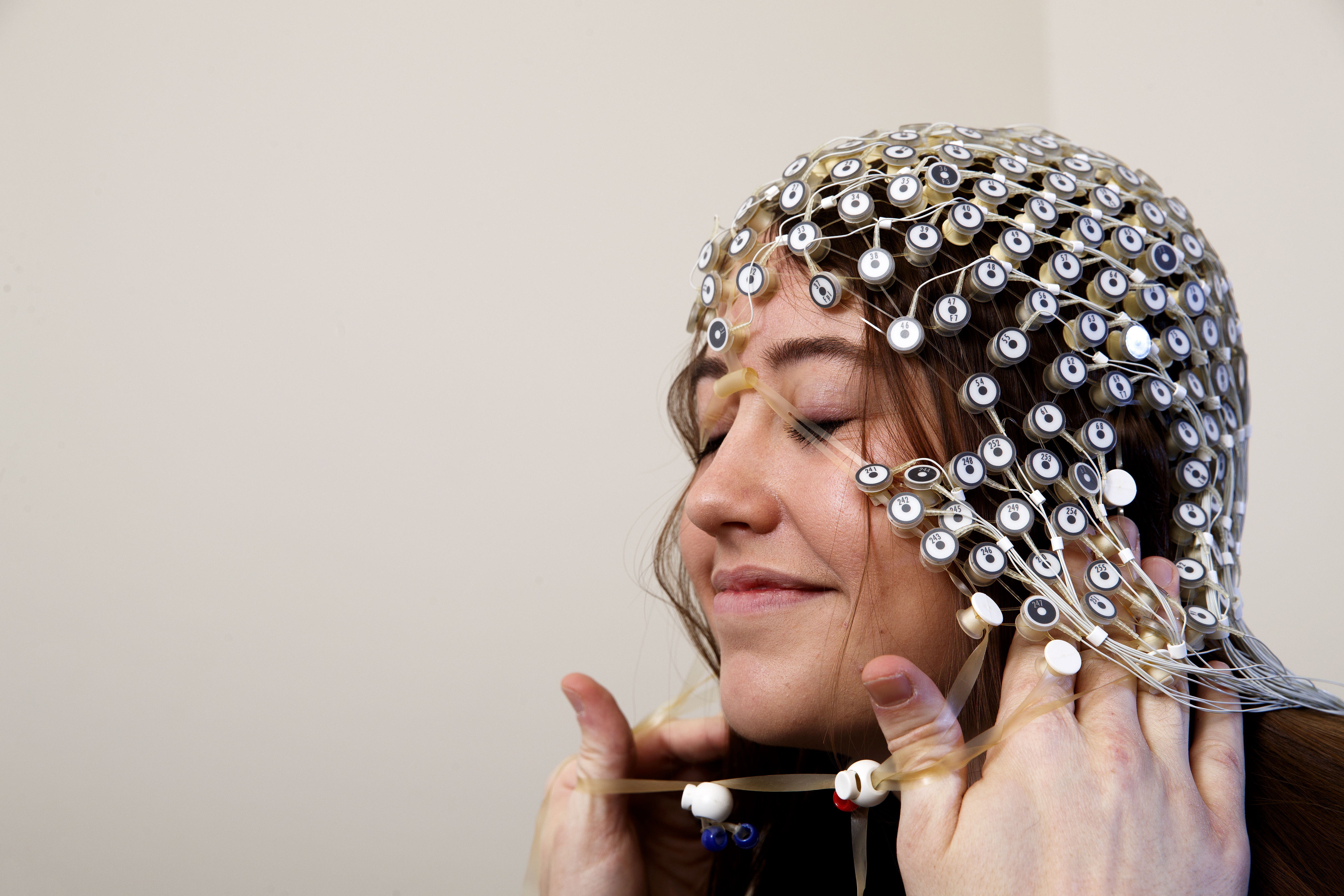
What’s in a name? That which we call a rose by any other name would smell as sweet.
Juliet spoke these words in Shakespeare’s “Romeo and Juliet.” Wanting to be with her love, she attempted to cast aside the familial names of hers and Romeo’s warring families, the Montagues and Capulets.
But as Juliet found later, names carry a lot of weight. In fact, new research from the University of Nebraska-Lincoln has shown that names have the power to mold empathy.
Psychology graduate student John Kiat and Jacob Cheadle, a Husker sociologist, were able to map brain functions to show empathy is altered — for better or worse — by putting a name to a face. Because empathy is known to increase kinder behavior, understanding this experience of feeling another person’s condition from their perspective is important to building lasting social change, Kiat said.

“If you talk about racism, sexism or classism — all these things — one of the primary drivers is a lack of empathy,” Kiat said. “Empathy is caring, and until you get enough people who care, things don’t really change. And this shows names matter.”
Empathy is often studied from developmental or psycho-social frames. Researchers only recently have begun to examine empathy through the functions of the brain. Kiat and Cheadle’s work is the first study in which electroencephalogram, or EEG, technology was utilized to map electrical impulses in the brain and examine the link between attentional neural responses and names, in the formation of empathy.

Using computer-generated faces, volunteers first were shown a resting face, then viewed the face with a grimace of pain and were asked to rate the pain they were seeing. This task was completed with 36 different faces. The experiment was repeated, but in the second series, a name was given and seen prior to the resting faces and pain expressions. When the names were added before the pictures, the neural responses changed significantly.
“During the experiment, when we saw how their brains were responding to the named faces, we could predict almost 50 percent of participants’ empathy levels,” Kiat said.

Kiat described this as possibly being due to a strong relationship between empathy and the perceptions previously held toward different identifying labels.
“If you know and like a Sarah and you think Sarah is tough, that may well influence the empathy you have not only for that Sarah but for other Sarahs as well,” Kiat said.
The study demonstrates that what drives our empathy is deeper than what we directly perceive, Kiat said.
“Information regarding identity is important, and names clearly shift the informational bases of empathic response,” he explained.
The findings will be published in the July issue of NeuroImage.
Share
News Release Contact(s)
Related Links
Tags
High Resolution Photos

HIGH RESOLUTION PHOTOS








